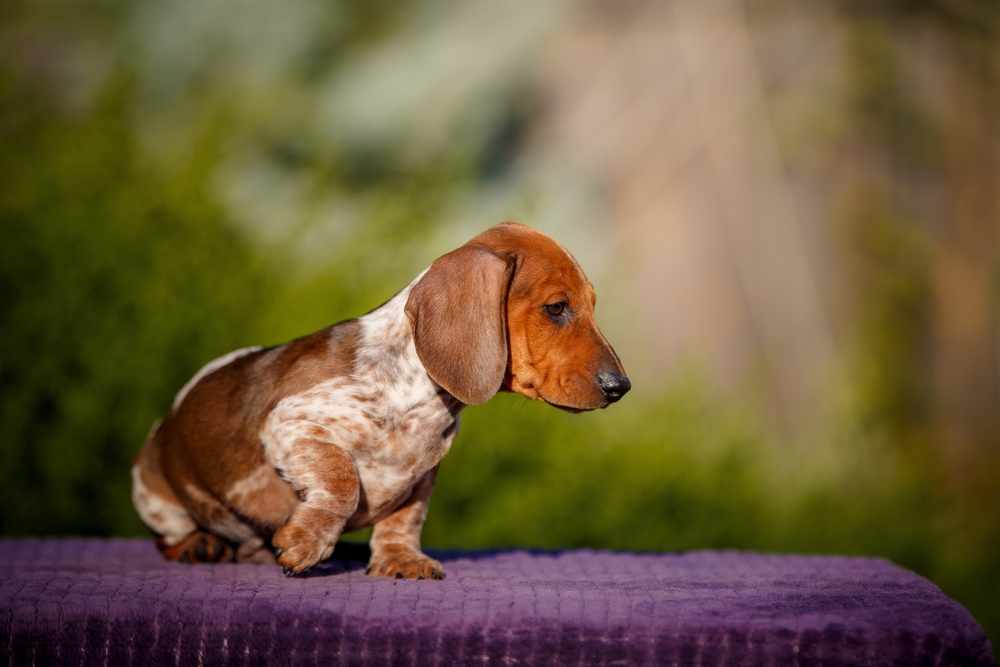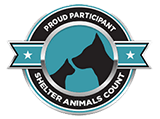Overview
Every 5 minutes, an average of 3.5 dogs are born, while simultaneously, another 3.5 are euthanized. Many of these animals were purchased in pet stores and later discarded as they lost their ‘cuteness,’ while others were never bought and were put down as they were considered surplus. Some perished within the confines of brokers and puppy mills. The conditions these animals face are cruel, inhumane, and completely unnecessary. Please join DRBC to help our fight against this travesty.
Each year, DRBC participates in the rescue and rehabilitation of the breed we hold so dear. Please, help us help them. Adopt, don’t buy. You will be so glad you did… and so will they.
In This Section:
- Responsible Breeding
- Types of Breeders
- The Pet Store Reality

Types of Breeders
It’s deceptively easy to say that John Jones or Mary Smith runs a puppy mill or that pet store puppies come from puppy mills. But the label is tossed about so frequently and with so little regard for accuracy that each prospective dog owner should ascertain for himself whether he wishes to buy a dog from John Jones, Mary Smith, a pet store, or a hobby breeder. Here are our Dog Owner’s Guide definitions to help you decide:
A breed fancier who has a breed or two (or even three); follows a breeding plan to preserve and protect each breed; produces a limited number of litters each year; breeds only when a litter will enhance the breed and the breeding program; raises the puppies with plenty of environmental stimulation and human contact; has a contract that protects the breeder, puppy, and buyer; raises dog in the house or runs a small, clean kennel; screens breeding stock to eliminate hereditary defects; works with a breed club or kennel club to promote and protect the breed, and cares that every puppy is placed in the best home possible.
One who usually has several breeds of dogs with profit as the primary motive for existence; Commercial breeders inspected by USDA, state agencies, or the American Kennel Club should have adequate conditions. Commercial breeders that sell directly to the public fall through the regulatory cracks unless they do business in a state that licenses commercial kennels. Dogs in these kennels may be healthy or not, and their conditions may be acceptable or not. The dogs are probably not screened for genetic diseases, and the breeding stock may or may not be selected for resemblance to the breed standard or good temperament.
One who buys puppies from commercial kennels and sells to retail outlets or other kennels. Brokers ship puppies on airlines or by truckload throughout the country. Brokers must be licensed by USDA and must abide by the shipping regulations in the Animal Welfare Act.
One who collects dogs of unknown origin for sale to laboratories or other bunchers or brokers. Bunchers are considered lower on the evolutionary scale than puppy mill operators, for there is much suspicion that they buy stolen pets, collect pets advertised as “Free to a good home,” and adopt unwanted pets from animal shelters for sale to research laboratories. USDA licenses and inspects bunchers to make sure that they abide by the AWA.
A dog owner whose pet either gets bred by accident or who breeds on purpose for various reasons; This breeder may be ignorant of the breed standard, genetics, behavior, and good health practices. An amateur breeder can quickly become a hobby breeder or a commercial breeder, depending on his level of interest or need for income.
A breeder who produces puppies with no breeding program, little attention to puppy placement, and poor health and socialization practices; Conditions in puppy mills are generally substandard and may be deplorable, and puppies and adult dogs may be malnourished, sickly, and of poor temperament.
Prospective buyers should keep these definitions in mind when seeking a puppy to add to their lives. Please note that the picture shown to the left was not taken at a puppy mill.







